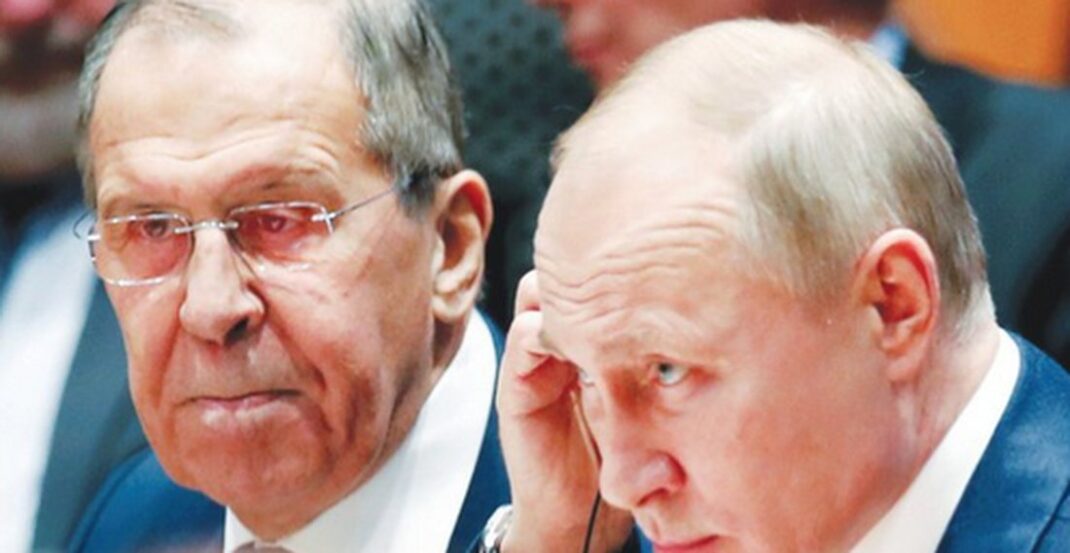By Judah Waxelbaum
 Mercenaries with ties to Kremlin seize oil fields, complicating a wide variety of conflicts.
Mercenaries with ties to Kremlin seize oil fields, complicating a wide variety of conflicts.
In a move that illustrates new levels of boldness, Russian fighters have seized one of the largest oil fields in Libya. The Es Sider oil field was one of the main economic pipelines for the Government of National Accord. Over the last seven months, the Libyan National Army (LNA) has held a stranglehold on oil exports.
The LNA, led by Field Marshal Khalifa Haftar, has struggled militarily as of late, suffering defeat after defeat since June. Now the LNA is looking to negotiate using the oil fields for leverage, effectively keeping the economy hostage. Libyan oil exports have been reduced to around a tenth of their original production.
Over the last month, Haftar’s allies have taken further steps to save their investment from failure. Egypt’s parliament approved the deployment of troops into eastern Libya, making Egyptian President Abdel Fattah el-Sisi’s threat of violence all the more real. Egypt’s involvement is political; it holds a deep resentment toward the GNA’s Muslim Brotherhood roots.
Russia, on the other hand, is looking for influence and oil. Russia’s increasing involvement in Libya complicates a wide variety of conflicts. Turkey is the primary backer of the GNA. Russia sells arms to Turkey and is already supporting the Syrian government, which has regularly been at odds with Turkey over Northern Syria. Russia’s support of the LNA puts them in direct conflict with Turkey on another front.
While this move benefits Haftar and the LNA, Russia is protecting itself. Securing the oil fields ensures that Russia can push for access no matter who wins the civil war.
The United States is well aware of these actions, moving to sanction the group responsible for the seizure. The Wagner Group is responsible for taking over the Es Sider oil field and port, and reports indicate it has set up camp to monitor its new asset. The Kremlin has not taken credit or commented on these actions thus far.
It should be noted that Es Sider is responsible and influences the oil production for the US-based Hess Corporation and ConocoPhillips along with one of the largest energy producers in Spain, Repsol.
Haftar’s economic strategy has been successful thus far. He seeks to deprive the UN-recognized government of critical funds and make eastern Libya the financial capital. Where he is overstepping is by taking actions that will eventually force an international response.
Countries will continue to look on as the UN arms embargo is violated, and foreign interference only increases. It is the financial impact that will lead to sanctions and demand nations that have avoided the fray to pick sides.
The US has considered sanctioning Haftar personally. The US has drawn down its presence in Libya since the fall of longtime dictator Muammar Gaddafi. The Russians threaten that reduced presence, as the US would be unlikely to support increased Russian influence in Libya. It is unclear if threats of sanctions will result in a reconsideration of actions by the LNA or drive them further into Russian arms.
Haftar surrounded himself with allies who are more invested in siding with the winner than him. That is a dangerous position to be in if you are Khalifa Haftar.
Typically, partners of the GNA or LNA would supply resources for their armies to carry out attacks. By Russian forces taking the oil field by their own volition, Moscow conclusively has proven it is not in Libya to prop up a Haftar presidency. The Russians are in Libya for oil, the French to eliminate terrorist groups, and Egypt to fight the Muslim Brotherhood. At the rate of recent escalations, this proxy war drifts toward a direct international conflict, and it is over resources, not love for Haftar.
***
Judah Waxelbaum is the western regional vice chair for the College Republican National Committee.
________
The Jerusalem Post




